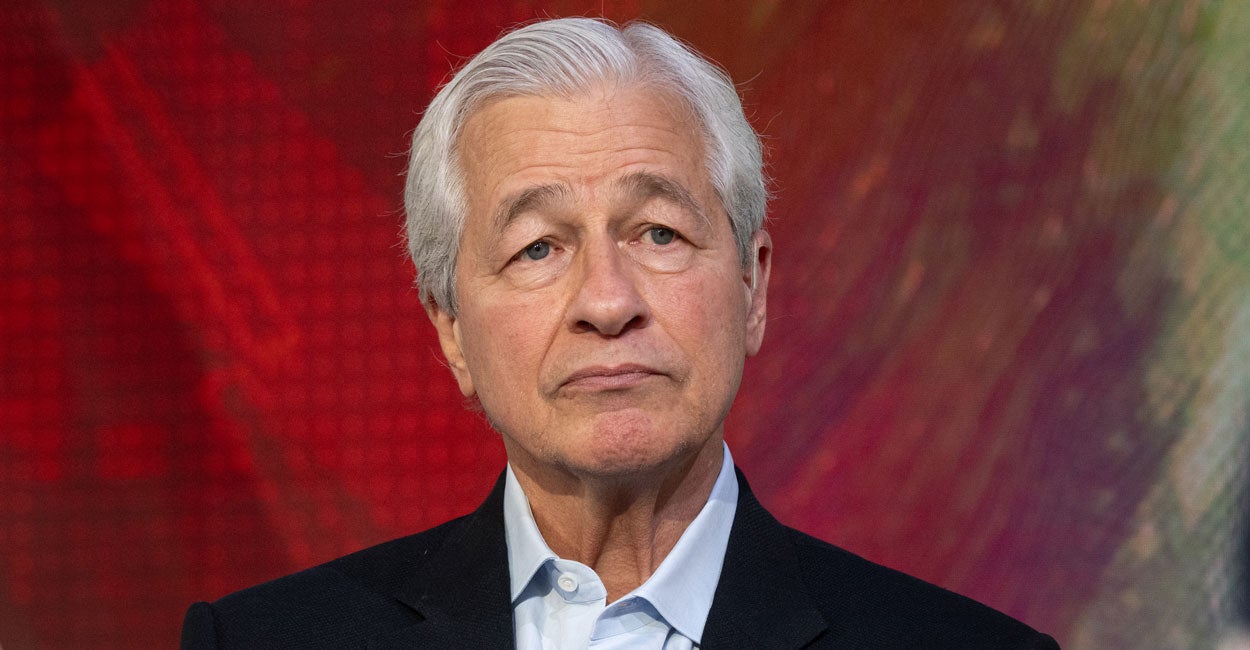Is Your Bank Politicising Your Finances? The Growing Concern of 'Political Debanking' in Australia

Australians are increasingly concerned about a worrying trend: 'political debanking'. This refers to banks and financial institutions shutting down or restricting accounts based on a customer's political beliefs or affiliations. It's the latest battleground in a broader debate about the weaponisation of finance – the idea that financial institutions are being used to advance a particular political agenda, potentially stifling free speech and limiting access to essential services.
The issue has gained significant traction globally, with examples emerging in the US and UK. Now, it's raising concerns here in Australia. While Australian banks are legally obligated to provide services without discrimination, the lines are becoming blurred. Factors such as industry type, perceived risk, or even social media activity are being scrutinised, leading to accounts being closed or services denied.
What is Political Debanking and Why is it Happening?
Political debanking isn’t a new phenomenon, but its visibility and frequency are increasing. It typically involves a financial institution refusing to offer or continuing to provide banking services to a person or business because of their political views or associations. This can manifest in various ways, including:
- Account closures with little or no explanation.
- Denial of loans or mortgages.
- Restrictions on payment processing.
Several factors contribute to this trend. Banks are facing increasing pressure to demonstrate social responsibility and align with certain values. They are also grappling with heightened regulatory scrutiny and concerns about money laundering and terrorism financing. However, critics argue that this can lead to overzealous risk management and a willingness to shut down accounts based on flimsy evidence or subjective assessments.
The Impact on Australians
The consequences of political debanking can be devastating. Businesses can be crippled without access to banking services, individuals can find themselves ostracised from the financial system, and freedom of expression can be curtailed. Imagine being denied a mortgage because of your political activism, or having your business account closed simply because you support a particular cause. This is the reality some Australians are facing.
Furthermore, it erodes trust in the financial system. If people believe their banks are making decisions based on political considerations rather than sound financial principles, it undermines the integrity of the entire industry.
What Can Be Done?
Addressing political debanking requires a multi-faceted approach. Here are some potential solutions:
- Stronger Regulatory Oversight: ASIC (Australian Securities and Investments Commission) needs to clarify its guidelines on discriminatory banking practices and enforce them rigorously.
- Increased Transparency: Banks should be required to provide clear and specific reasons for account closures, allowing customers to challenge decisions.
- Independent Review Process: An independent body should be established to review disputed account closures and ensure fairness.
- Legislative Reform: Consideration should be given to legislation that explicitly prohibits political debanking and protects individuals’ and businesses’ access to banking services.
- Consumer Awareness: Raising public awareness about political debanking is crucial to holding banks accountable.
The Future of Banking in Australia
The issue of political debanking highlights a critical tension between social responsibility, financial risk management, and the fundamental right to access banking services. As the debate continues, it’s essential to strike a balance that protects both the integrity of the financial system and the freedoms of Australian citizens. Failing to do so risks creating a climate of fear and censorship, where individuals and businesses are punished for their beliefs.
Ultimately, a robust and independent financial system should serve all Australians, regardless of their political views. The fight against political debanking is a fight for that principle.






